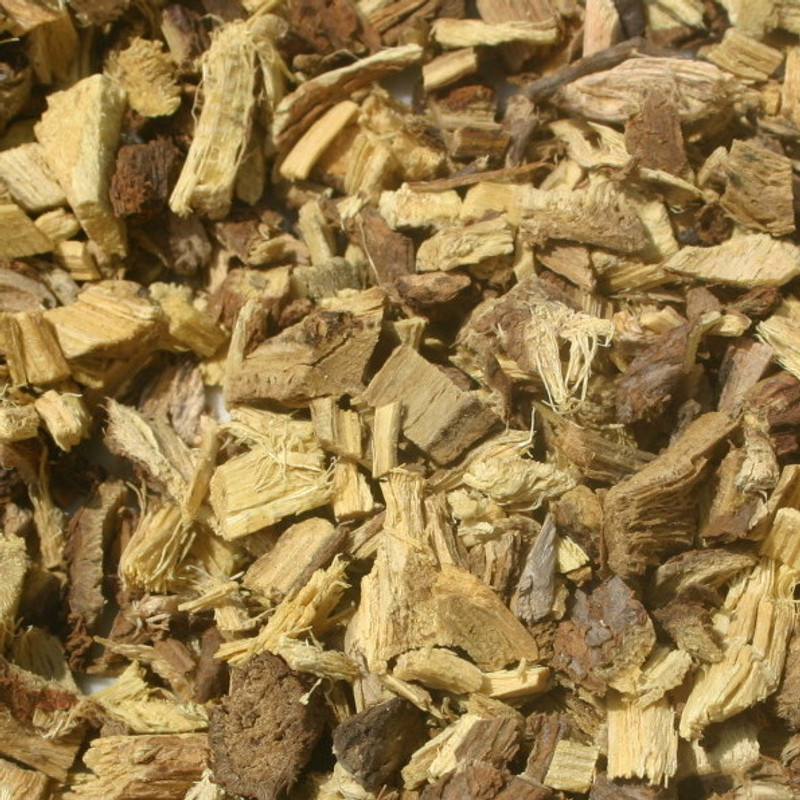Licorice root contains beneficial compounds like glycyrrhizin, which has antioxidant, antimicrobial, and anti-inflammatory properties. It may have some health benefits, such as reducing acid reflux. Licorice root contains nearly 300 compoundsTrusted Source, but its primary active compound is glycyrrhizin.
Bennefits:
- Reduces acid reflux and indegestion
- May help treat peptic ulcers
- May have anticancer properties
- May ease upper respiratory conditions
- Treats Oral health _oral thrush, canker sores, tooth decay, periodontitis
- May aid in diabetes, menopause, boost weight loss, and treat hepatitis C
Please read more about potential side effects and precautions in our “read more about Licorice root”
How to use: can be nibbled in mouth, but do not swallow and can be added to teas.
The Food and Drug Administration (FDA) has deemed licorice root generally safeTrusted Source for use in foods.
However, the FDA does not monitor supplements for purity, effectiveness, or accuracy of ingredient labeling.
As such, it’s important to speak with a healthcare professional before taking licorice root to help treat health conditions.
Licorice root overdose
Both chronic use and large doses of licorice root products may lead to glycyrrhizin accumulation in your body. ResearchTrusted Source suggests that in rare cases, this may cause:
- high blood pressure
- low potassium levels
- arrhythmia
- kidney failure
- congestive heart failure
- pulmonary edema
Who should not use licorice root?
The National Center for Complementary and Integrative Care (NCCIC)Trusted Source notes that chronic use of licorice root may pose a risk for people with hypertension, heart disease, or kidney disease, as well as people who are pregnant or nursing.
Drug interactions
Licorice root has been shown to interact withTrusted Source several medications, including:
- blood pressure medications
- blood thinners
- cholesterol-lowering medications
- diuretics
- estrogen-based contraceptives
- nonsteroidal anti-inflammatory drugs (NSAIDs)
If you’re taking any of these medications, it’s best to avoid licorice root products unless a doctor tells you otherwise.
Please use with caution. Do not use daily.
The statements made within this website have not been evaluated by the Food and Drug Administration. These statements and the products of this company are not intended to diagnose, treat, cure or prevent any disease.







